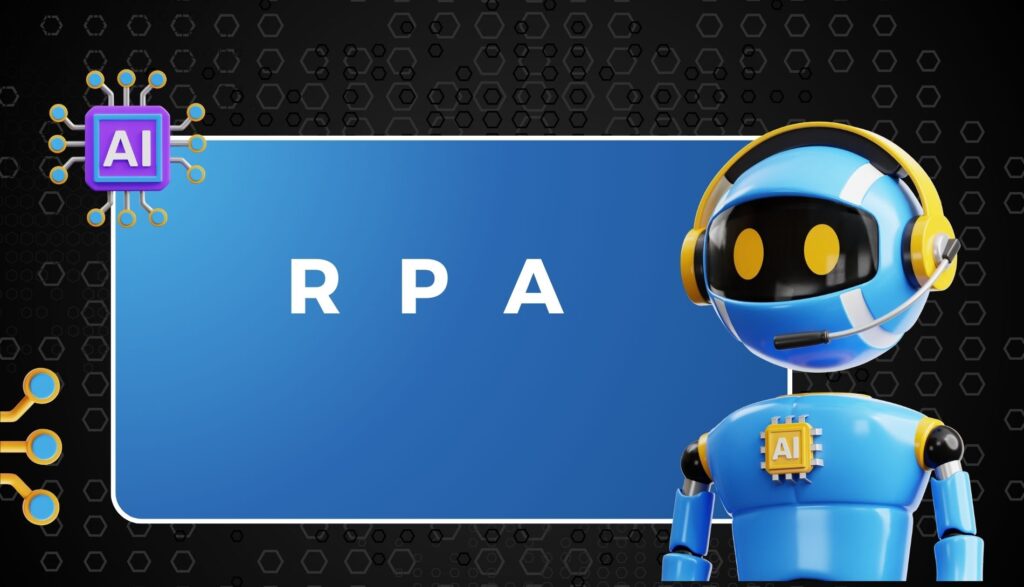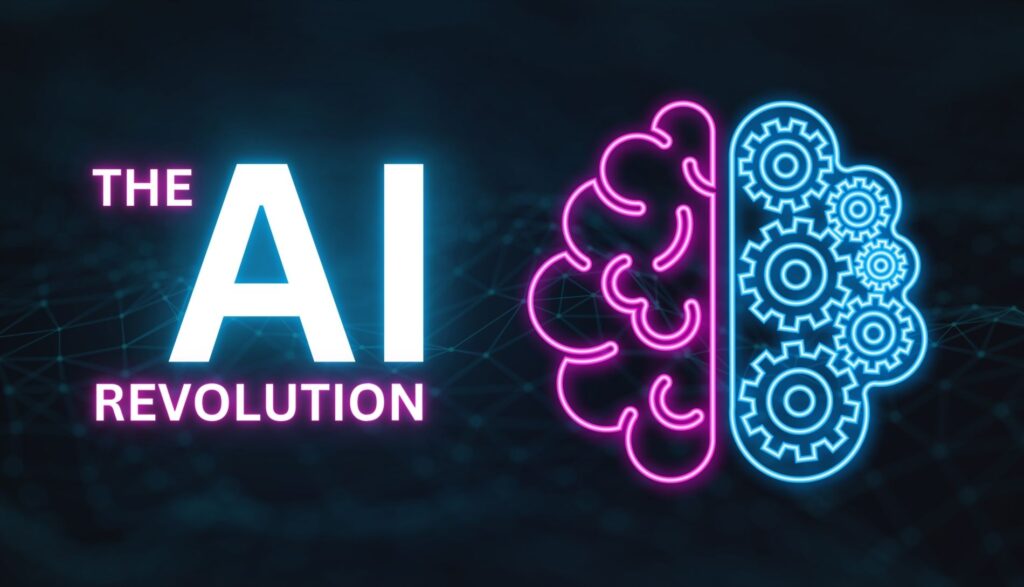How Top 10 AI tools Revolutionizing Business today. Details described below.
Introduction
In this article, you can learn about how the Top 10 AI Tools are revolutionizing business today.
The use of AI tools has become essential for businesses looking to stay relevant and competitive in the quickly changing business landscape of today. Businesses in a variety of industries are seeing important changes to their operations and strategies as a result of AI technology’s exponential growth.
Chatbots
Because they offer real-time responses and customized encounters, chatbots have become increasingly potent instruments in the revolution of customer service. By automating tedious chores, these AI-driven assistants not only improve customer satisfaction but also assist organizations in cutting operational costs.
Predictive Analytics Tools
By using artificial intelligence (AI) to evaluate historical data and estimate future patterns, predictive analytics solutions help firms better manage risks, anticipate results, and make well-informed decisions. These instruments are essential for streamlining corporate tactics and raising productivity levels.
Virtual Assistants
Virtual assistants such as Siri, Alexa, or Google Assistant help to organize meetings, handle emails, and extract useful information using natural language processing, thereby streamlining corporate processes. Productivity and efficiency are increased when they are included into regular processes.
Marketing Automation Platforms
Through the analysis of consumer behavior and preferences, marketing automation platforms driven by AI are revolutionizing marketing campaigns. Businesses can precisely target the proper audience with features like lead scoring, automated email marketing, and tailored recommendations.
Sales Forecasting Tools
AI-powered solutions for sales forecasting assist companies in identifying possible leads, projecting sales trends, and refining their sales tactics. These technologies improve sales team performance and help to generate revenue by offering precise insights.
Sentiment Analysis Tools
Sentiment analysis technologies use artificial intelligence (AI) to examine reviews, social media mentions, and consumer feedback to determine public sentiment. Businesses may manage their brand reputation and enhance the consumer experience with the help of this priceless data.

Robotic Process Automation (RPA) Software
RPA software uses AI and machine learning to automate repetitive operations like data entry and invoice processing. RPA improves operational excellence in firms by cutting down on errors, increasing efficiency, and freeing up human resources.
Image Recognition Tools
AI algorithms are used by image identification systems to recognize and analyze photos, which helps the manufacturing, healthcare, and e-commerce sectors. Applications like quality control and visual search improve accuracy and productivity across a range of activities.

Natural Language Processing (NLP) Tools
Businesses can gain insights from unstructured data sources like emails, social media, and text documents by using natural language processing (NLP) techniques. These technologies provide useful features for improving business operations, such as sentiment analysis and language translation.
Supply Chain Optimization Software
Supply chain optimization software driven by AI lowers costs, increases efficiency, and lowers risk in inventory and logistics. Smooth operations are ensured across the supply chain by features including inventory management, route optimization, and demand forecasting.
Above are the Top 10 AI Tools Revolutionizing Business Today
Conclusion
Supply chain management and customer service are two areas of corporate operations that are changing as a result of the integration of AI tools. In order to maintain a competitive edge in the ever-changing business landscape of today, firms need to adopt these technologies and harness their potential for long-term expansion and inventiveness.

FAQs
1. What are the commercial benefits of AI tools?
Businesses gain from AI solutions through increased productivity, lower expenses, better decision-making, and better customer experiences.
2. Are AI tools restricted to big businesses?
No, all sizes of firms can use AI tools. Numerou s solutions are flexible and expandable to meet various company requirements.
3. Does a company need technical know-how to use AI tools?
Although technical know-how can be useful, many AI solutions are made to be easily integrated and used with little technical understanding needed.
4. Can human labor be replaced by AI tools?
Artificial intelligence (AI) products are made to support human labor by automating tedious processes and offering insightful data. But human ingenuity and discernment remain indispensable.
5. How can companies make sure AI tools are used morally?
When developing and using AI tools, businesses should give ethical considerations top priority in order to guarantee accountability, fairness, and openness in their use.